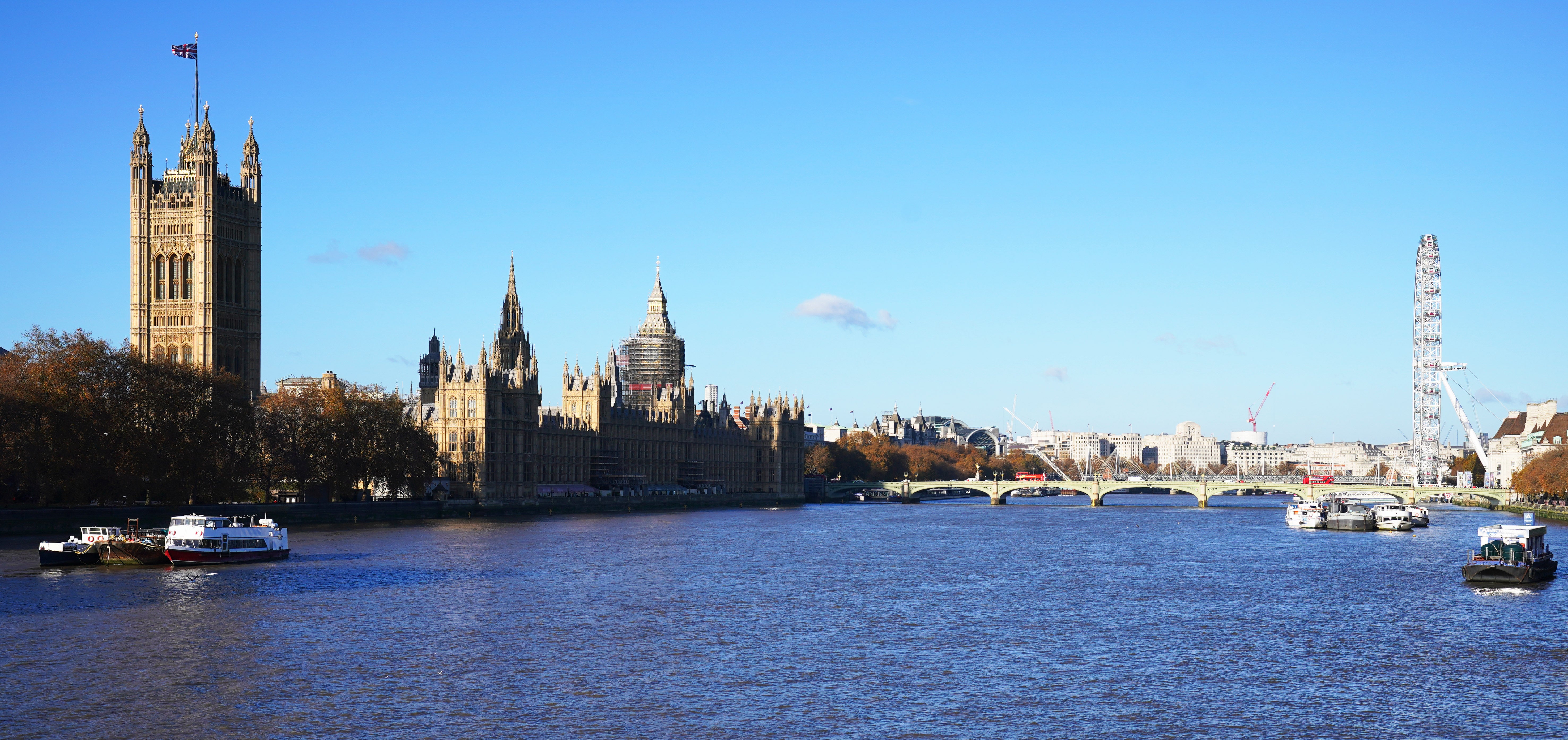SNP’s Blackford should apologise for outside earnings, MPs told
The claim was made by Conservative MP Lee Anderson.

Your support helps us to tell the story
From reproductive rights to climate change to Big Tech, The Independent is on the ground when the story is developing. Whether it's investigating the financials of Elon Musk's pro-Trump PAC or producing our latest documentary, 'The A Word', which shines a light on the American women fighting for reproductive rights, we know how important it is to parse out the facts from the messaging.
At such a critical moment in US history, we need reporters on the ground. Your donation allows us to keep sending journalists to speak to both sides of the story.
The Independent is trusted by Americans across the entire political spectrum. And unlike many other quality news outlets, we choose not to lock Americans out of our reporting and analysis with paywalls. We believe quality journalism should be available to everyone, paid for by those who can afford it.
Your support makes all the difference.The SNP’s Westminster leader should apologise for his earnings from outside Parliament since being elected, MPs have heard.
Conservative MP for Ashfield, Lee Anderson claimed that Ian Blackford had his “greedy snout firmly in the trough” because he had made £270,000 in outside earnings since being elected as an MP in 2015.
Mr Anderson’s remarks came as MPs took part in a debate tabled by the SNP about the Prime Minister’s conduct following the Commons standards row.
In a speech which was subject to several interventions from the Deputy Speaker, Mr Anderson also claimed that the Labour Party had “lost the plot” because it wanted to “replace” the army with a “gender-balanced, ethnically-diverse human security services”.
Deputy Commons Speaker Dame Rosie Winterton said she had hoped the debate would be courteous, but commented this was “not going well”.
As he defended Boris Johnson for “getting Brexit done”, Mr Anderson said: “It is the leader of the SNP (Mr Blackford) who has been very quiet about the £270,000 he has rinsed from outside earnings since he was elected to Westminster in 2015.
“It would take an average worker in Scotland 11 years to earn that sort of money, yet he stands here every single Wednesday banging on about poverty when his greedy snout is firmly in the trough.”
Deputy Speaker Dame Rosie asked Mr Anderson to “take the temperature down a little” following this remark.
He replied he was “trying to create an argument”, adding that Mr Blackford was “not going to apologise for the drunken behaviour of his own MPs on a trip to Gibraltar several weeks ago who were spotted staggering around”.
Dame Rosie intervened again, saying: “I would hate to think that the public were looking at us and thinking that this had just become a slanging match.”
The Deputy Speaker later added she had hoped there would be an “element of courtesy” in the debate, saying: “It is not going well so far.”
Mr Anderson apologised for the comments about the SNP, adding: “I have spoken to some of my constituents who would like to see some of the MPs breathalysed when they get off a plane.”
He later took aim at the Labour Party, saying: “They seem to think there is a war raging in France at the moment and it is acceptable for thousands of illegal migrants to cross our channel every single day and they really need to get a grip.”
Mr Anderson also claimed: “Another sign the Labour Party has lost the plot is they want to replace our armed forces with human security services, a shift from the armed forces to a gender balanced ethnically diverse human security services tasked with dampening down violence.
“Imagine that, a peace-loving British tank.”
At this point, the Deputy Speaker cut off Mr Anderson’s speech.
Mr Blackford, the SNP MP for Ross, Skye and Lochaber, has reportedly earned £270,000 in outside earnings since being elected, according to the Parliamentary register of interests.
Activist group Open Labour published a report on the future of the UK Armed Forces in early 2021, suggesting British Forces take on a peacekeeping role in the future.
The group contested criticism at the time that they had suggested replacing the army.